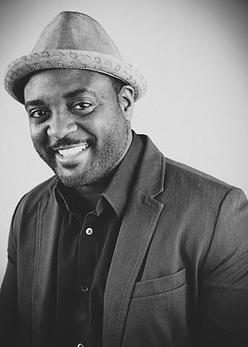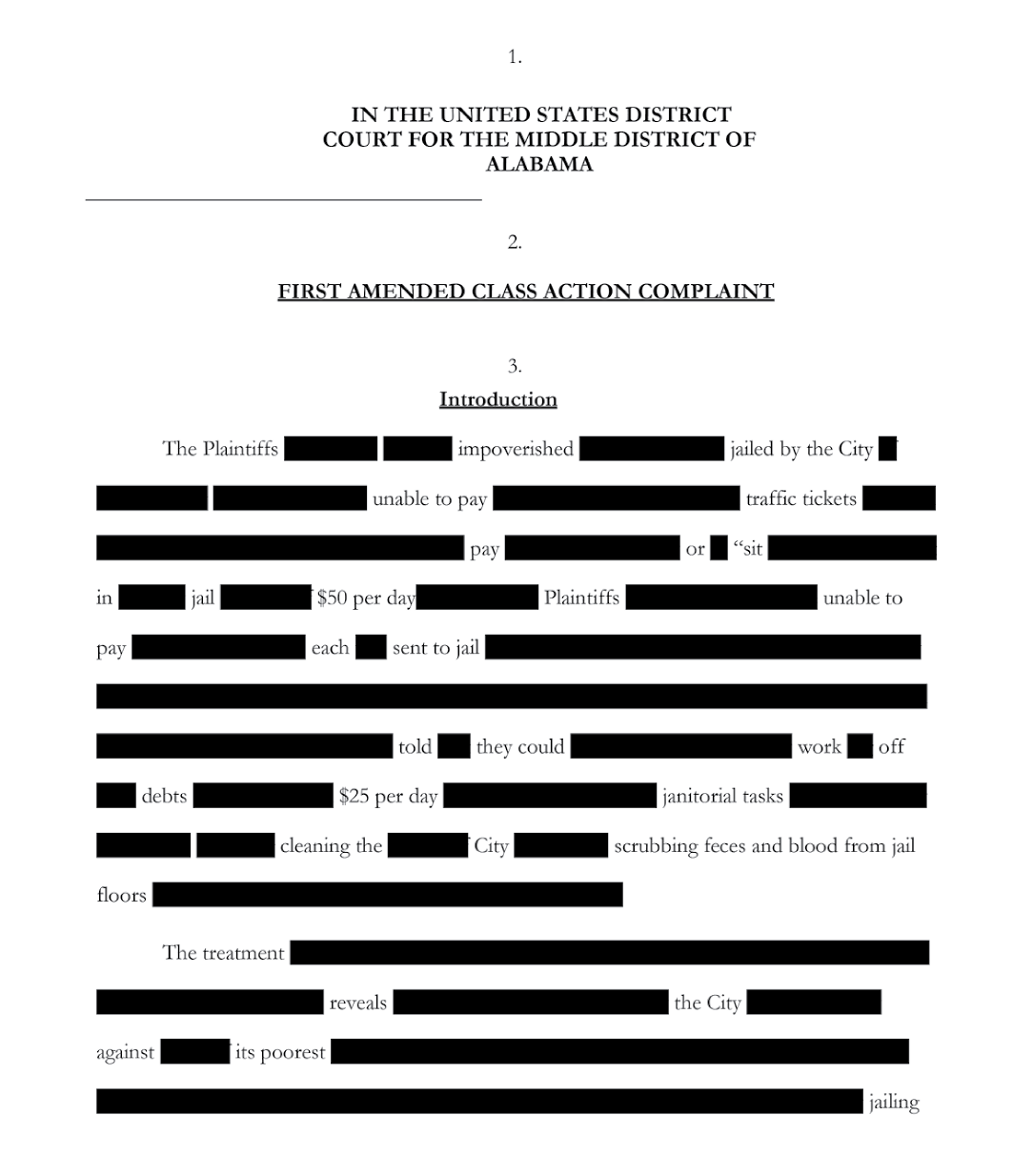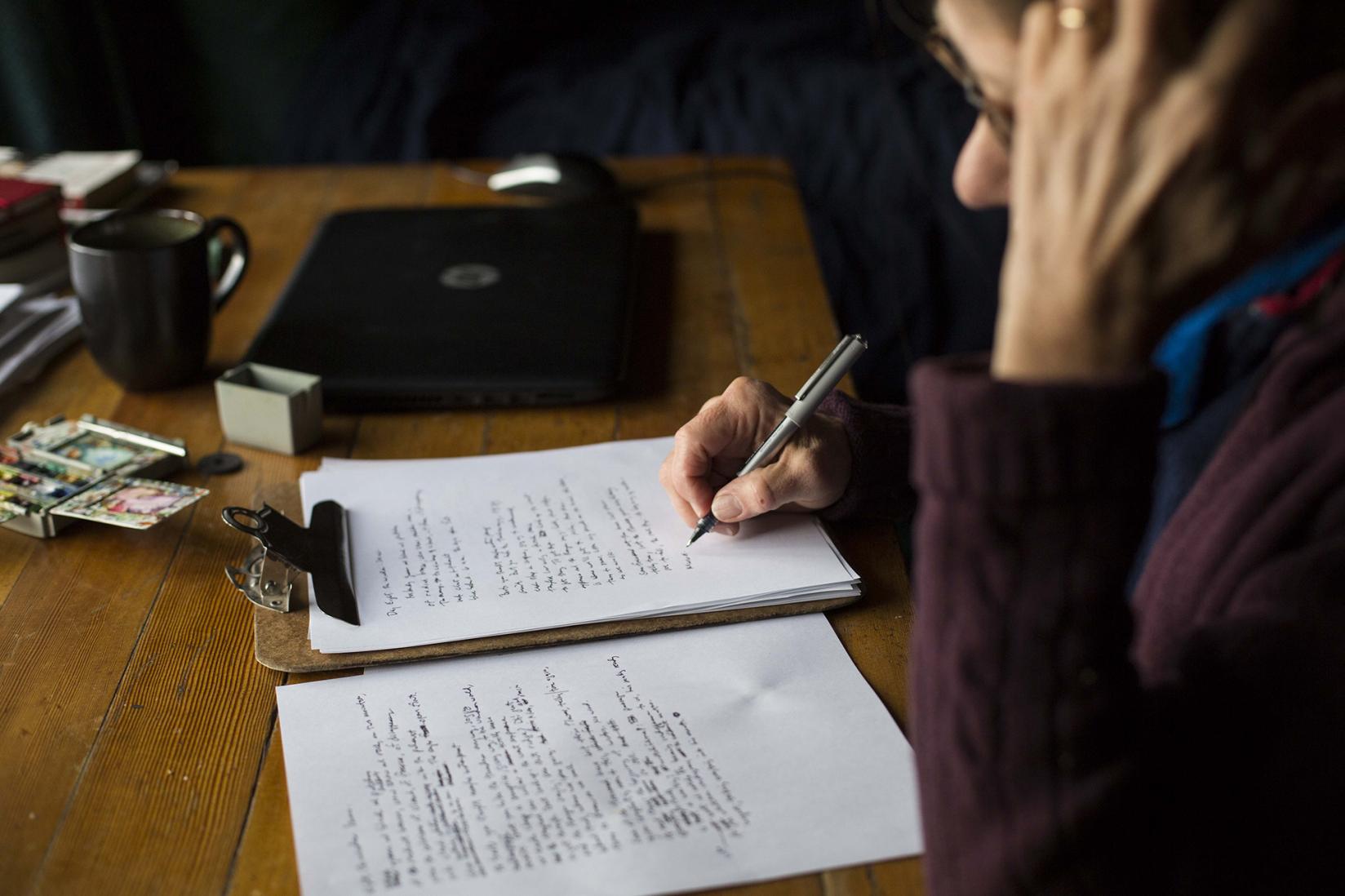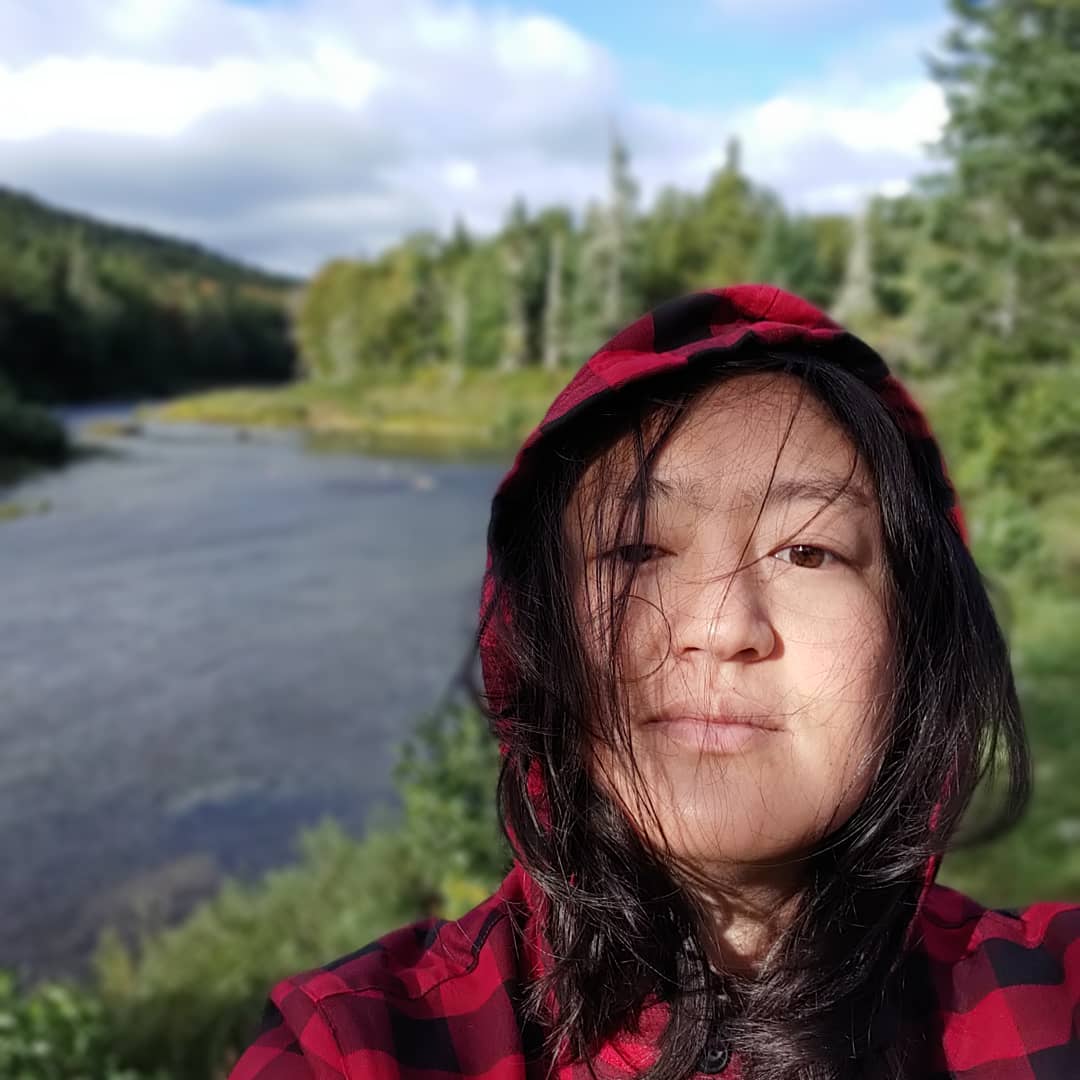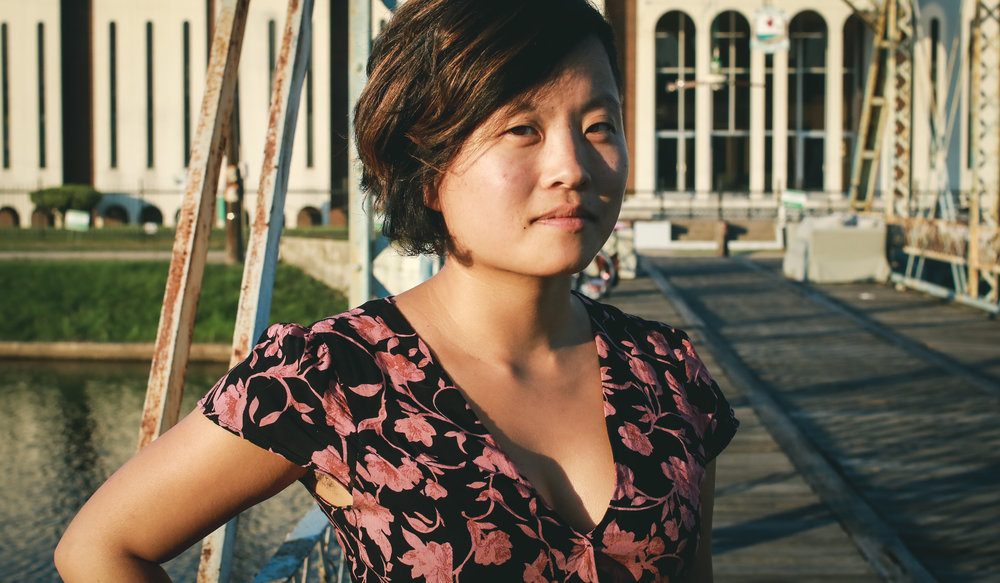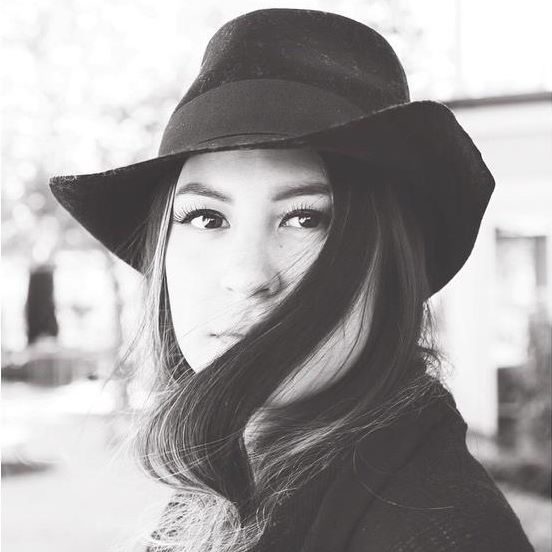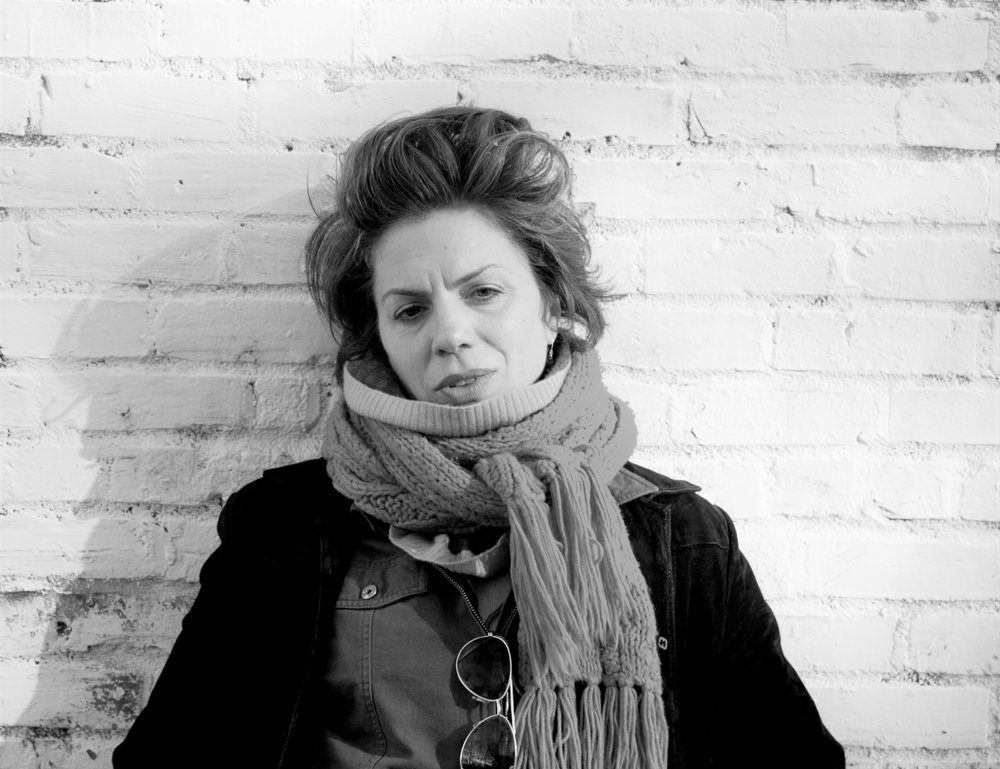
An excerpt from “Sky” by Francine Conley (poetry ’14), published by Sky Island Journal.
Sky
I. You put Joy of Cruelty in my hands, which I devoured nights, stopping to brush my fingers over the ghost-thin notes you scribbled. I learned you in margins, studied your doodles like paintings, asterisks drawn like taraxacum––floret-shaped dandelions you penciled next to unknown words like arduous, beatitude. What was it you didn’t understand? I stopped at the underlined phrase: joy is the necessary condition if not of life in general at least of life lived consciously and with full awareness. For you eye contact was impossible. It made you self-conscious. Being seen is unbearable but necessary, you said, before asking me out to sup at the Sample Room. You ordered steak tartar, offered me a bite. I refused, radiant pastures rising in my mind, the otherlife of cows, savage trust of their wet eyes––that look of not-yet-dead-to-be-dead. Raw is the only way to live, you said. Quick glance at me, then the wallpaper, your eyes browning to the color of peeled bark. I studied your face like a murmur. Couldn’t look away as you told stories of suburban agony; a distilled childhood, useless as a two-car garage, the affection your parents avoided showing each other teaching you love as endurance, absence. When you swallowed your eyes closed into a broken kind of ecstasy, pitting desire against disgust. I fell in love when you licked the plate clean. Later, we smoked at an overlook where below the Mississippi churned its quiet terror, swell and flow. A fall carnival on the opposite bank blinked neon. Rides rose, fell. Screams perforated air. Every surface moves, whether we notice it or not––I said: tabletops, rivers, faces, words. Nothing is neutral. The Ferris wheel inched along, our unspoken desire swilled, quietly, steam from our breathing already visible in the crisp night air.


